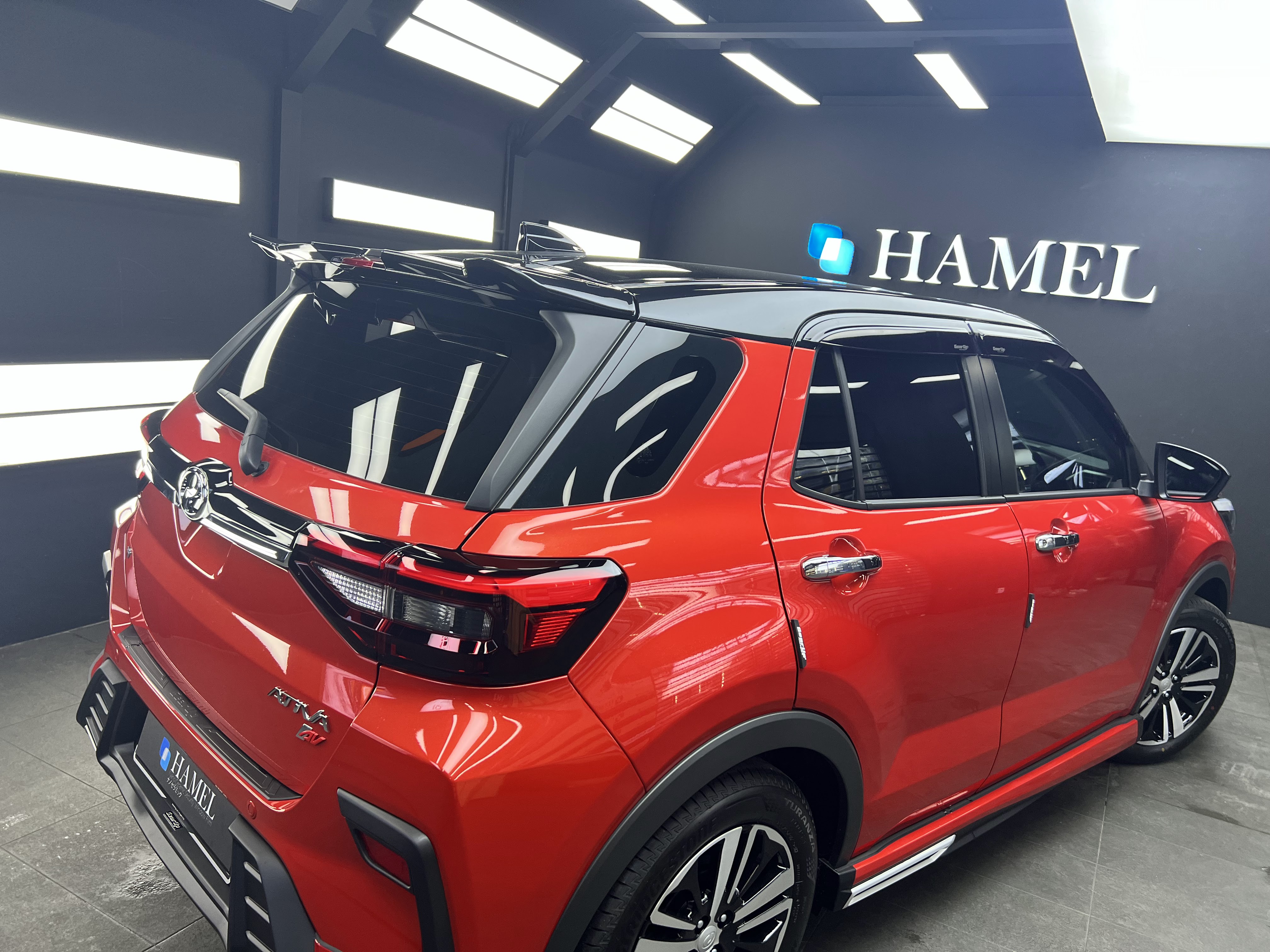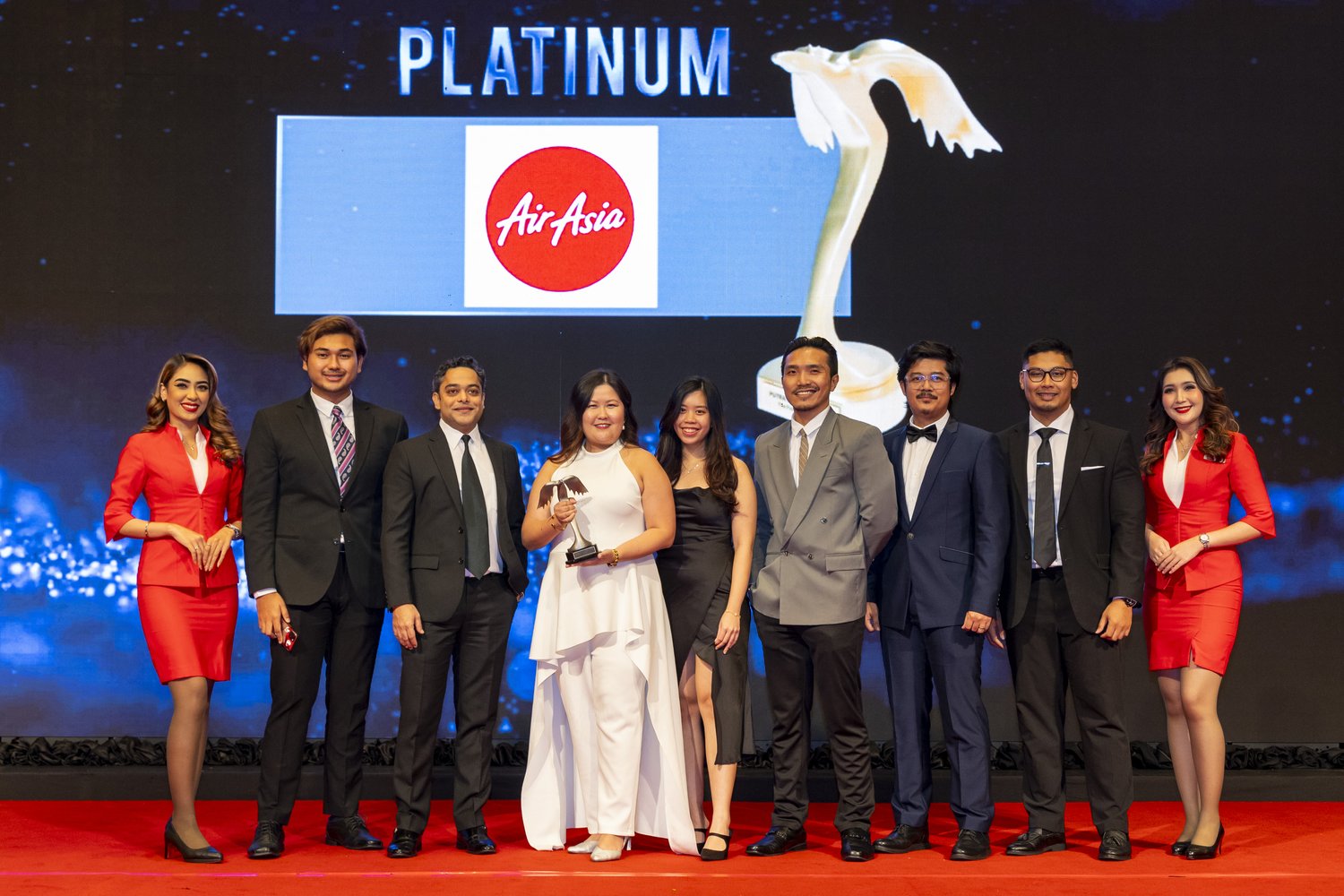Search Blog
Hit enter to search or ESC to close
Trending Now
AirAsia wins Platinum in travel category at Putra Brands Awards
- Get link
- X
- Other Apps
Touch ‘n Go Wins Super Aspiring Brand Award in the Lifestyle Category at the Shopee Super Awards 2023
- Get link
- X
- Other Apps
Home
Communications and Multimedia Content Forum of Malaysia
Content Forum
Lifestyle
Everyone Deserves a Right to Access Content
Home
Communications and Multimedia Content Forum of Malaysia
Content Forum
Lifestyle
Everyone Deserves a Right to Access Content
Nadia Razak
- Get link
- X
- Other Apps
Reading Time
In a joint collaboration between the Content Forum and the Malaysian Communications and Multimedia Commission (MCMC), a webinar was held to create awareness among industry players on the new guidelines in ensuring access to content for the PWDs
 |
| (L-R)
Kenny Ong, Chairman of the Content Forum, Zulkarnain Mohd Yasin, Chief
Regulatory Officer of MCMC & Mediha Mahmood, Executive Director of
the Content Forum |
When it comes to Persons with Disabilities (PWD), accessibility is a key issue. And while many efforts have been made to improve accessibility for PWDs in various forms, very little has been done concerning media accessibility for this group. In fact, many may not have even realised about the existing barriers and challenges faced by PWDs in this aspect.
To shed much needed light on the matter, a webinar titled ‘Access to Content for Persons With Disabilities (PWD)’ was held through a joint collaboration between the Content Forum and the Malaysian Communications and Multimedia Commission (MCMC).
The webinar which saw the participation of key representatives of PWD organisations, content industry practitioners and members of the media, was aimed at fostering discourse on the need to create a content ecosystem that takes into account the needs of all, including PWDs, as well as creating awareness towards MCMC’s new guidelines on TV Access for PWD and the new provisions in the Content Forum’s Content Code 2022.
In opening the session, Zulkarnain Mohd Yasin, Chief Regulatory Officer of MCMC said that, “The initiation to implement new guidelines by MCMC is a commitment of our support for the PWD policy and PWD National Plan issued by the Government, for PWDs to enjoy equal rights, opportunities, and access to information on broadcasting platforms.”
He further emphasised that access to information is an important necessity for all Malaysians because most have always been reliant on news, particularly news on broadcast media, for latest and pertinent information. As such, these new guidelines on accessible content serve as an instrument to better help broadcasters progressively build up their capacity and capability in preparing better TV access for PWD and to ensure its continued use in the long term. Among features that can be included to make content more accessible is having access tools including, sign language interpreters, closed captioning or subtitling or other alternative means.
“To assist the broadcasters in Malaysia, the government via its 2022 budget has allocated a grant of RM900,000 to encourage broadcasters to use sign language interpreters in news programmes. I strongly suggest that broadcasters take advantage of this because I cannot guarantee that the fund will be available in 2023,” he added.
Meanwhile, keynote speaker Prof. Dr. Ruzita Mohd Amin, Head of Disability Service Unit IIUM, highlighted that PWD access to content and information on digital, broadcasting and mass media platforms is a very crucial enabling element that needs to be addressed to ensure no one is side-lined. Depending on the individuals’ disabilities, be it speech, vision, intellectual, hearing or mobility, each of them do face certain challenges when it comes to accessing information.
In fact, some 15% of the world’s population are PWD, which amounts to approximately 5.07 million Malaysians. Even with the rapid development of technology, it may be a challenge for PWD to access virtual and social platforms with ease or convenience.
“I’m excited that for the first time in Malaysia, a special budget of RM1 million has been allocated for sign language interpreters to be used in TV station news. It is also wonderful that we now have the Guidelines on Television Access for People with Disabilities as well as the new provisions in the Content Code. Television as a platform is important for things such as enhancing national identity, providing an outlet for domestic media content and getting news and information to the public, which is critical in times of emergencies. Both of these initiatives are a significant step towards a barrier-free and inclusive society for all,” said Dr Ruzita.
Adding on to the webinar was Ong Saw Yin, Deputy Director of the Content Regulations Department, MCMC, who briefed industry members and participants on the updated Guidelines for TV Access for PWD, as well as Andrew Kunaselan, Director, Content Management, Techknow Solutions Sdn Bhd who shed light on the technology made available to assist PWDs in enjoying access to various forms of content, which particular reference to streaming platforms.
To further facilitate dialogue on the matter, a panel session led by Mediha Mahmood, Executive Director of the Content Forum was also held. Sharing their views and perspectives were invited panelists Dr. Aida Mokhtar Associate Professor, Department of Commmunication of the International Islamic University Malaysia (IIUM); Mohamad Sazali Bin Shaari, President of Malaysia Federation of the Deaf (MFD) and Wong Yoon Loong, the Executive Director of The National Council For The Blind Malaysia (NCBM). Among the topics discussed were the accessibility of media content, the level of awareness and empathy, effective communication and having social media platforms used as tools for PWDs.
Mohamad Sazali iterated that current policies by MCMC have helped improve and make things better for PWDs to have access to information and technology, especially with interpretation services that have been made available for TV stations. He expressed that there are times when there are mistakes with subtitling and closed captions, but digitalisation has allowed better capture of speech which can be transformed into text. For example, while there is accurate real-time captioning and voice recognition in English, the service is yet to be available in Bahasa Melayu and this is something that should be considered to improve accessibility to all.
As a lecturer, Dr Aida shared that empathy and understanding towards the PWD community is emphasised amongst her class whereby students are encouraged to hold webinars on Facebook that are accessible for PWDs and captions are an important part of the assignment.
To ensure that this message reaches all industry players, content creators and members of the public, the Content Forum has taken the initiative to revise and update the Malaysian Communications and Multimedia Content Code (Content Code), a set of guidelines outlining best practices and ethical standards for content creation and consumption across all platforms.
Within the Content Code 2022, there is a provision on accessible content for PWD where it states that persons with disabilities have the right to equal access to information and content creators should endeavour to provide accessible services when delivering content and information in accessible formats and technologies appropriate for all. There is also a provision about offensive content that includes any form of humour and ridicule based on physical, mental or sensory disability.
“We are all aligned as to what needs to be done and what needs to be done further with regards to assisting in all manners of content and accessibility for PWD. If you look at the efforts that have been taken by MCMC, especially on updating the Guidelines for TV Access, and us with our updated Content Code focusing on PWDs access to content, we are all on the same page,” said Kenny Ong, Chairman of the Content Forum.
He stressed during his closing speech that there are two things in the Content Code guidelines that are important with regards to PWD. One of them is accessibility, which touches on inclusive and accessible content for PWD, while the second zooms in on sensitive or harmful content that goes against the spirit of our harmony and interaction with the PWD. Content created should not be violated from an ethical and moral standpoint.
“Each of us has a role to play and I don’t think we can wait for the world to be perfect before we do something. Each of us, in the role we play, whether it is as content creator, policy maker, government agency or broadcaster, we should do whatever we can right now and build upon it,” said Ong.
As an independent organisation, the Content Forum’s main objective is to promote self-regulation through the development and implementation of codes to govern industry conduct.
You May Also Like
Affordable, Simple, and Accessible: DearTime Launches as Malaysia’s First Life Insurer in the BNM Sandbox
- Get link
- X
- Other Apps
Onboarding Suppliers to Accelerate Responsible Supply Chain Management
- Get link
- X
- Other Apps











